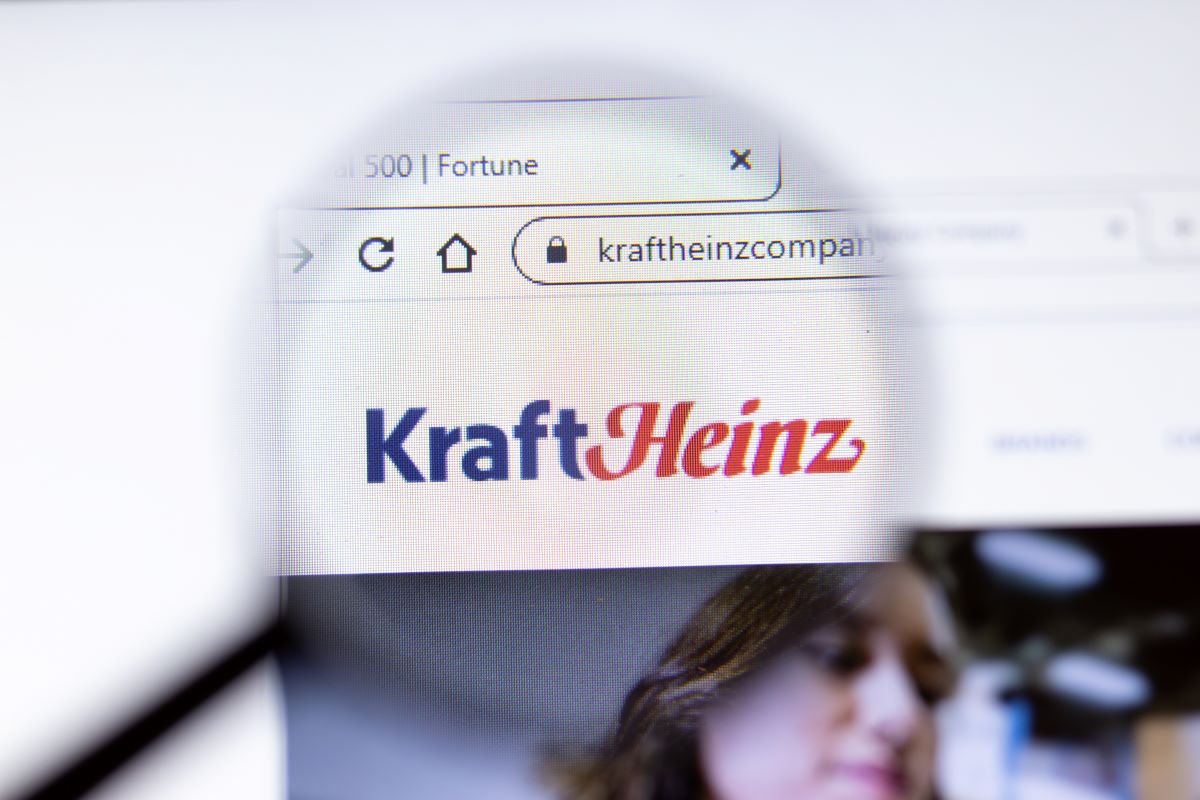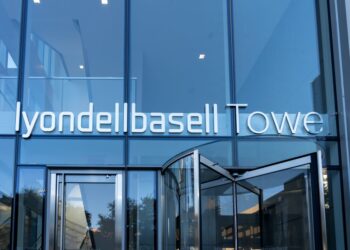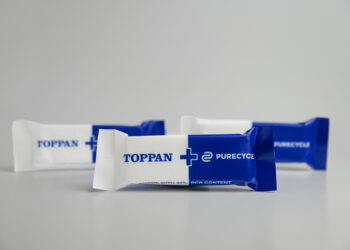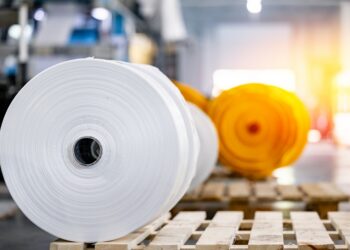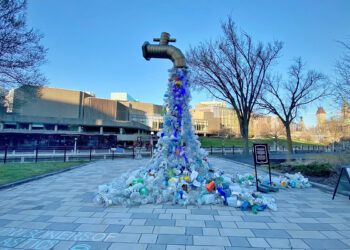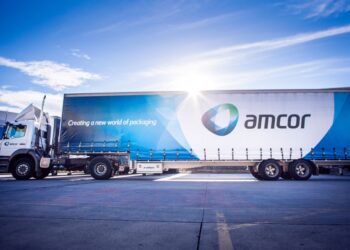About 87% of Kraft Heinz’s packaging was recyclable, reusable or compostable in 2022, according to the company’s latest sustainability report.
The food and beverage giant’s goal is to by 2025 use 100% recyclable, reusable or compostable packaging. In 2021, 84% of its packaging met that goal.
In its 2023 Environmental Social Governance Report, “Together at the Table,” Kraft Heinz noted that “while we are proud of our accomplishment, we are cognizant of the road ahead to convert the remaining part of our portfolio to be recyclable, reusable and/or compostable.”
“At this time, the majority of Kraft Heinz’s non-recyclable portfolio is made up of films and flexible materials, a critical material in food packaging for convenience, cost and food safety,” the report stated. “In the coming years, we are evaluating this part of the portfolio to ensure alignment with design for recycling guidelines, which will further push us towards our goal. We are also working closely with industry groups to collectively improve recycling infrastructure and explore alternatives.”
The company used 1.2 million metric tons of packaging in 2022, and 293,000 metric tons of that was plastic, the report noted. Of the total amount of packaging, 21% by weight was made from recycled and/or renewable materials, down one percentage point from 2021.
In 2021, the company used less packaging overall, tallying 1.1 million metric tons, with 231,392 metric tons of that total plastic, by weight.
In 2022, Kraft Heinz also worked with U.K. retailer Tesco to collect 22 tons of film plastics from shoppers and recycle them into Heinz Beanz Snap Pots; removed the plastic “shaker” bag from its Shake ‘N Bake portfolio of products, which reduced about 900,000 pounds of plastic usage annually; and expanded its pilot with refillable container company Loop into the U.S. at 36 Kroger, Walmart and Giant stores in Oregon, Arkansas, Washington, D.C. and Virginia.
Kraft Heinz noted that it also created a paper-based ketchup bottle and released a sachet design in Europe made with an average of 35% recycled material on a mass balance basis that is “recycle-ready based on future infrastructure.”
Miguel Patricio, Kraft Heinz CEO, said in a press release that “as one of the largest food and beverage companies in the world, we embrace the opportunity that comes with our size and scale to have a profound impact on communities around the world and in the lives of consumers, customers, employees and partners.”
It also released a new goal in July: to reduce its use of virgin plastic globally by 20% by 2030, compared to a 2021 baseline. The company noted that the reduction is “a critical step in decreasing its use of fossil fuels and finding more sustainable product packaging options.”
Kraft Heinz plans to report progress on the goal in future reports.












